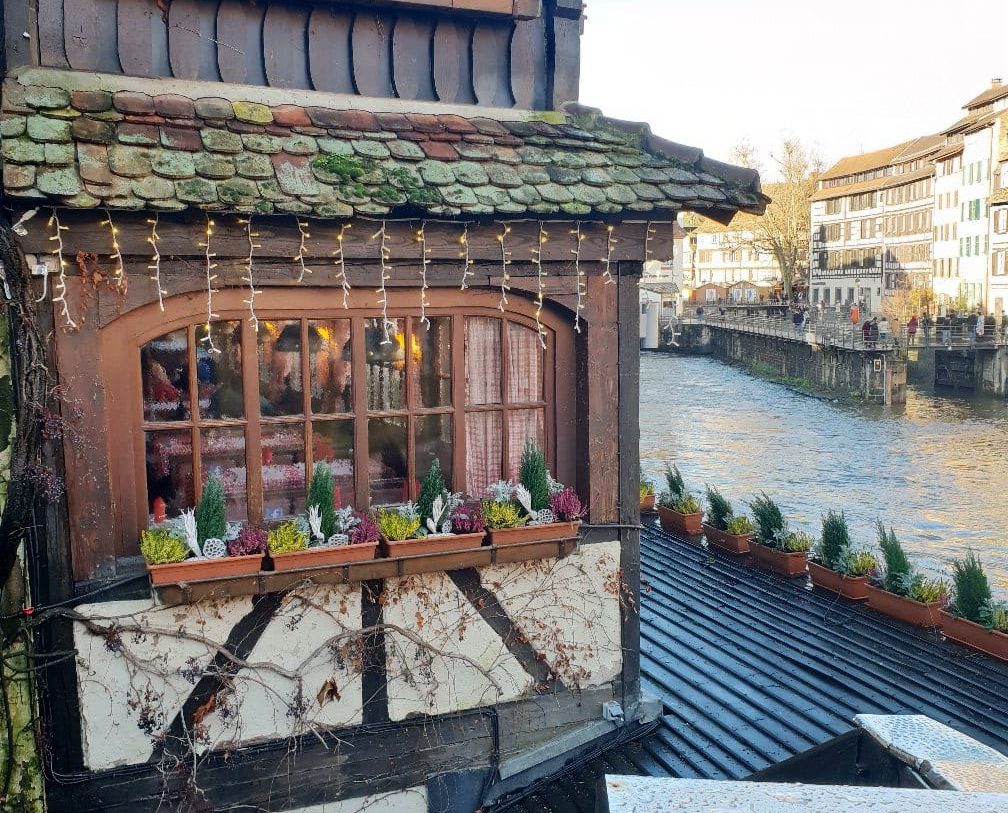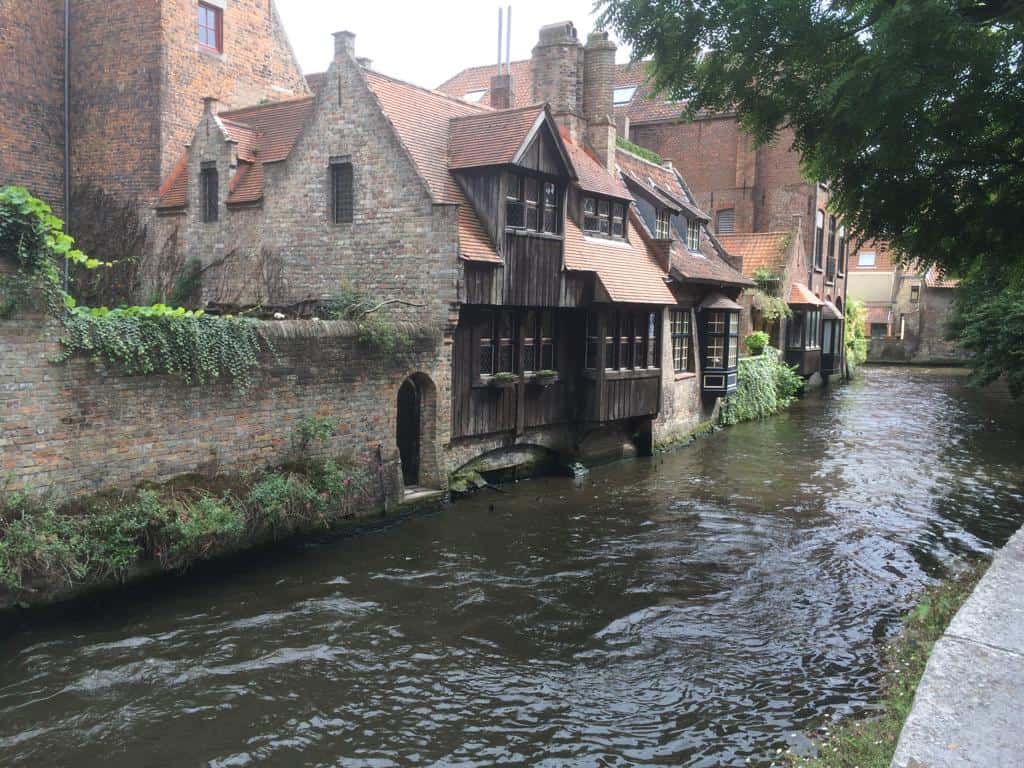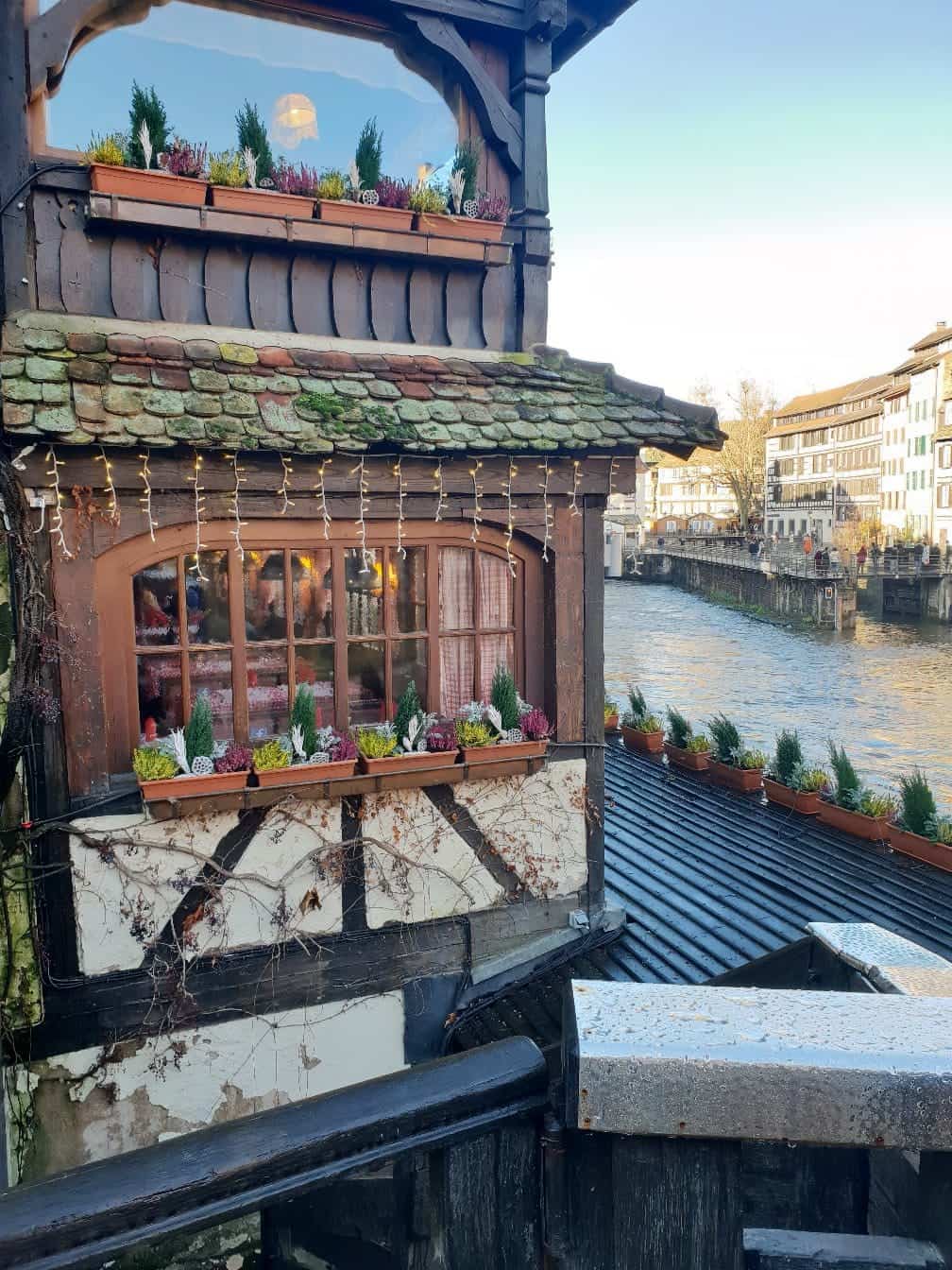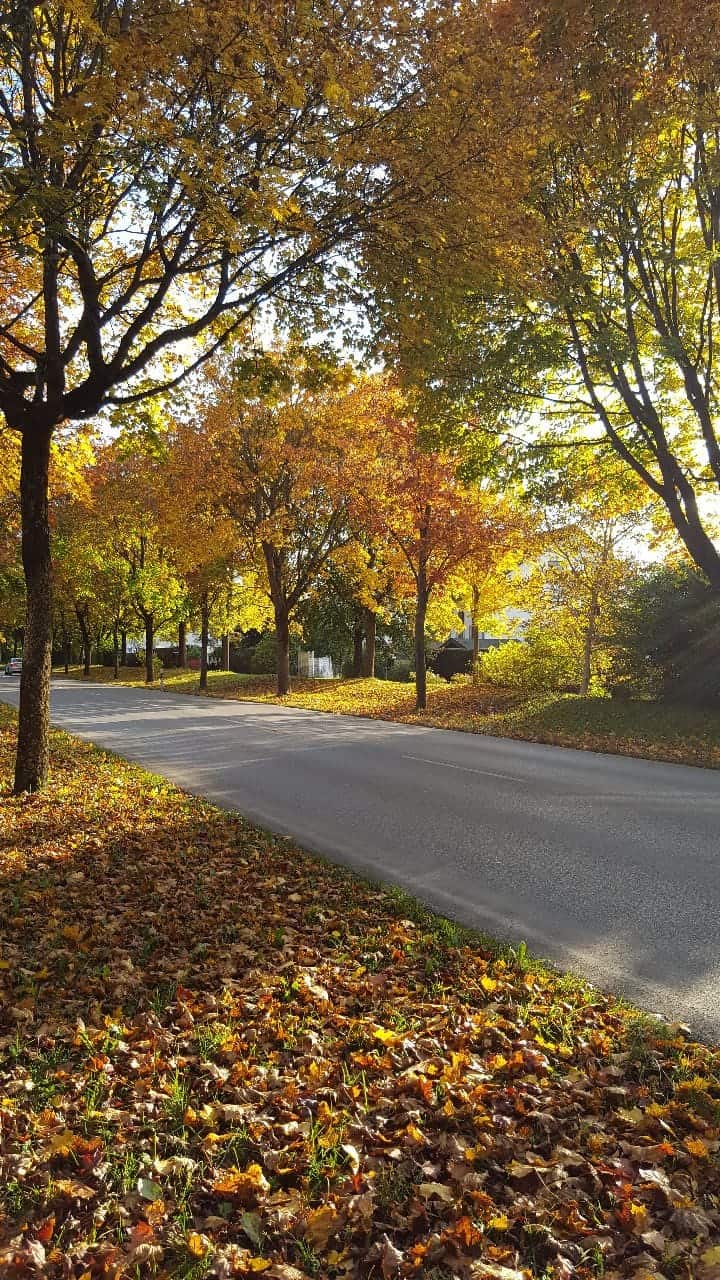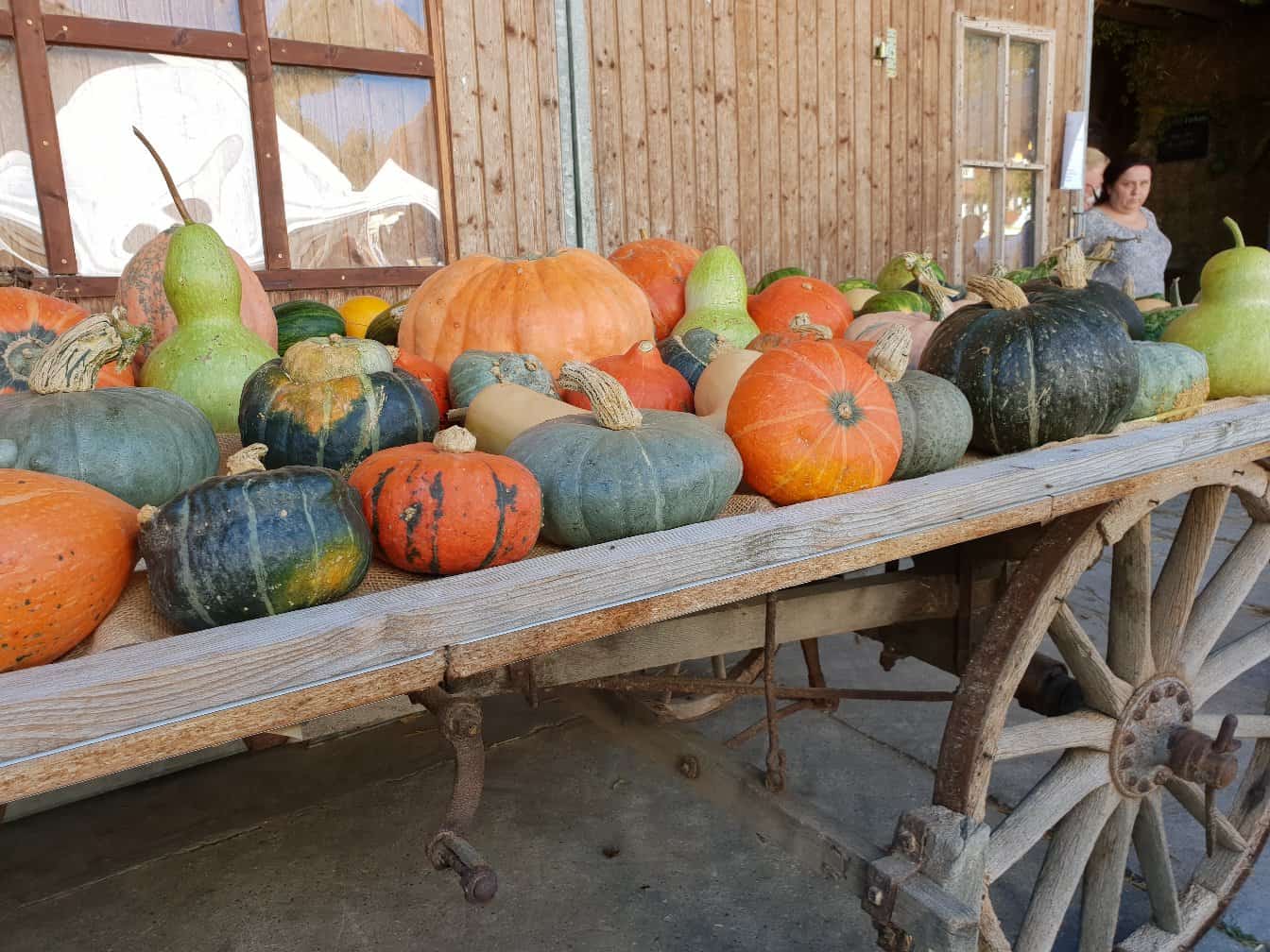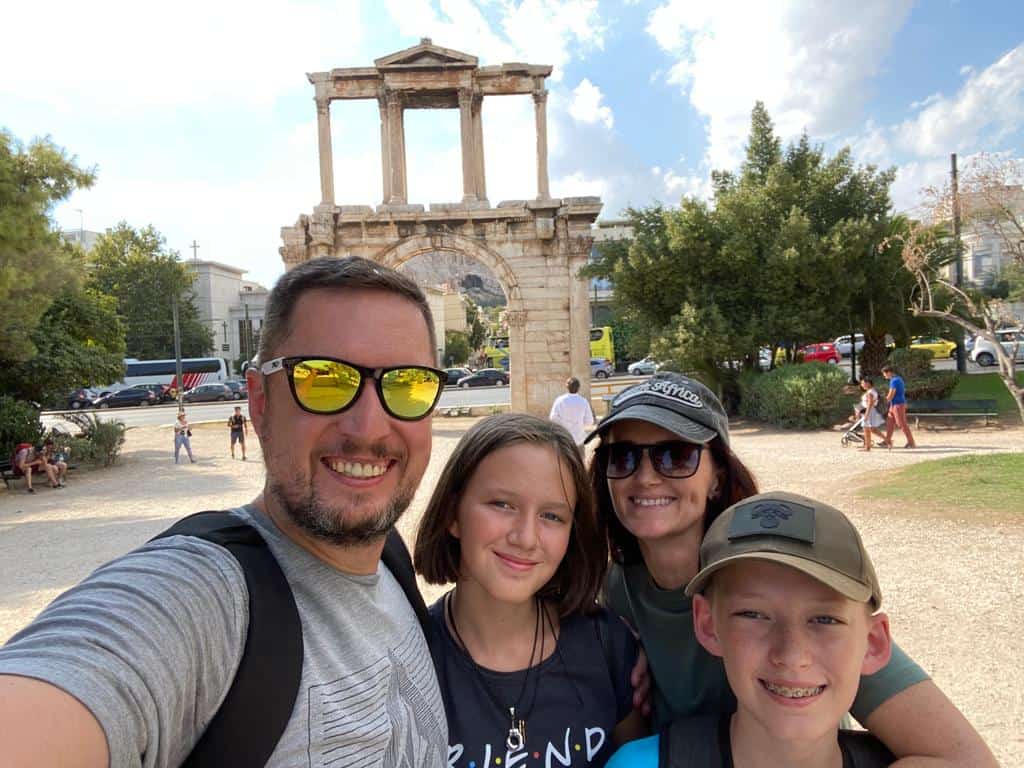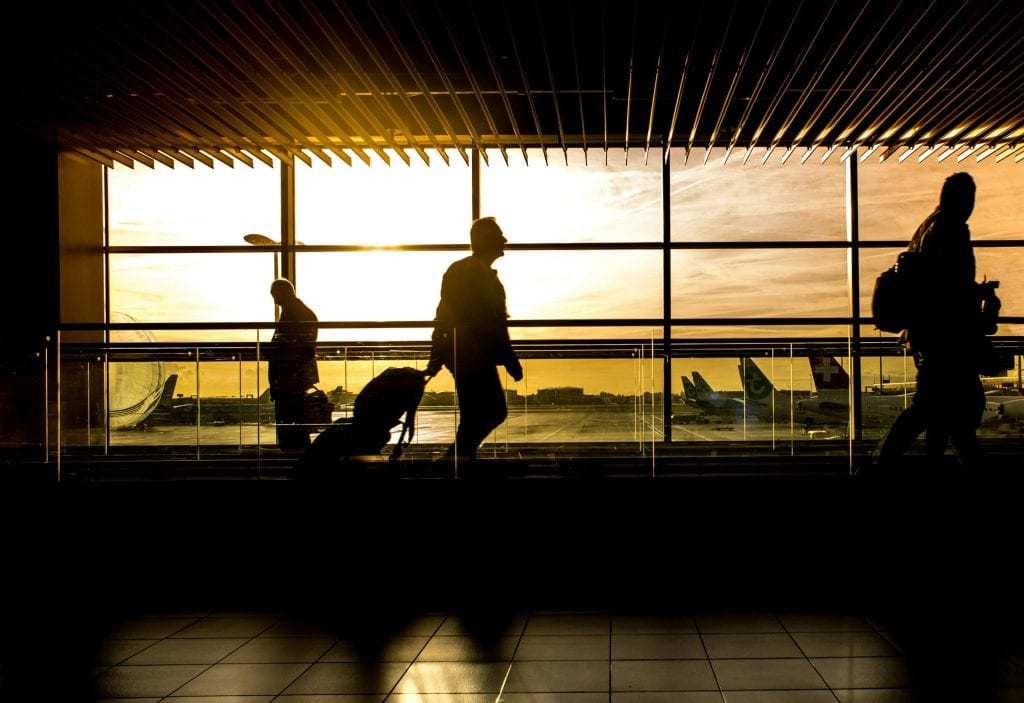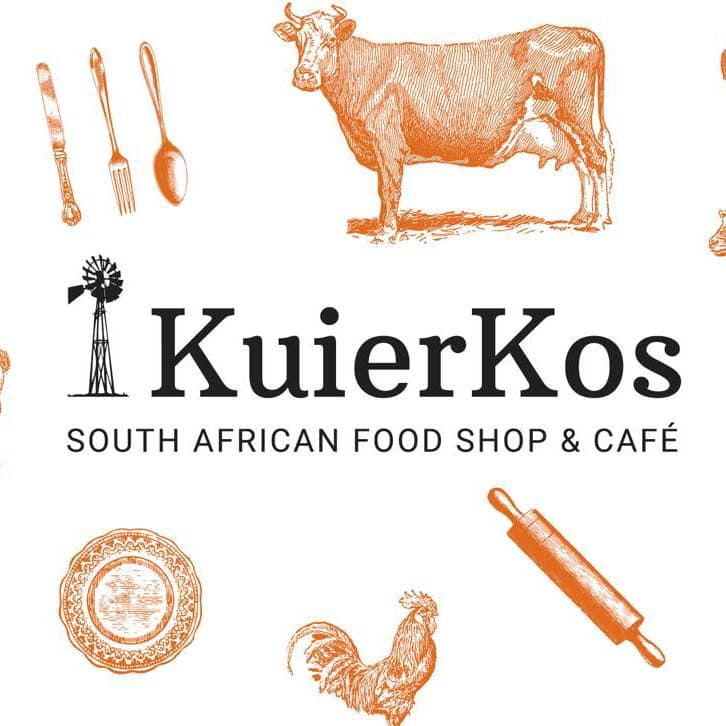Out and About is a column where we chat with people who currently live abroad, or who used to live and work abroad. This week we chat with Lucille Burger van Zyl, who live with her husband and children in Bavaria, Germany.
Hello Lucille, it is nice to chat to you. Why did you choose to emigrate to Germany?
We visited Germany for holiday before we decided to emigrate here. The language has always fascinated me, as did the culture and the rest of the country. It is a very beautiful country. We were finally able to move here in 2013 when my husband got a job opportunity here.
What was the biggest adjustment for you overseas?
In 2013 very few people spoke or understood English. It was an adjustment to drive on the autobahn and in the snow and icy roads. Our licences were simply converted, although we were not familiar with any of the new road signs or traffic rules. On Sundays everything is closed, and restaurants close for afternoon break until 17:00.
Is it different to do shopping in Germany when compared to South Africa?
It is very different. You have to be very quick when unpacking your groceries on the conveyor belt, and also to pick it up again – with very limited space. People are generally very impatient. There are also pay points where you can weigh and pay your vegetables yourself. You are then let out with your slip when it is scanned.
You have two children, can they speak Afrikaans?
We only speak Afrikaans at home. They speak Afrikaans very well and love their language, although they have attended school in German since we got here.
How does the school system in Germany differ from the South African one?
It is very different. The school year starts at the end of summer, in mid-September. Children attend the Grundschule/Primary School from grade one to four, from ages seven to ten. They then have to go to high school at the age of ten, depending on their marks – Lower Grade School (Mittelschule/Hauptschule) or Standard Grade School (Realschule) or then Higher Grade School (Gymnasium). A child can move to a lower level, or climb the ladder again with some effort.
If you want to leave school early, it will depend on what type of matric certificate you have, and how it will influence your university admission or apprenticeship admission (which is very common).
There are also progress schools for children with learning difficulties. They are for instance able to complete grade one over a period of two years and are divided into smaller groups. Speech therapy and occupational therapy are offered and is paid for by the medial aids.
High school children have free time to study and can go home during off periods or sit in the cafeteria. Home schooling is illegal here and all children must attend school. Extended education is also available as an option for children who need it. Schools are state-funded, therefore we do not need to pay any school fees. Throughout the year you will have to pay extra for paper donations, or a textbook or excursion.
I know of very few children who found it easy to integrate, as a result of the strict system and the narrow outlook.
How would you describe the emigration process?
I do not want to discourage anyone from doing it, but it is a strenuous process. Maybe also because we were not fluent in German, and because of the number of strict rules and mail that had to be translated. It was frightening, but very insightful. I don’t believe you can ever claim to have fully challenged yourself in life if you haven’t had to adjust to a new country or a new language. German is not as close to Afrikaans as people would like to think. There are not enough similarities to help you if you decide not to take language lessons.
Do you have any advice for people who are currently busy with the emigration process?
Do thorough research. Every family’s situation is unique when it comes to finances, the children’s ability to adjust, the amount of change you can stomach when for instance the man and woman’s roles are reversed, and when there are no family to offer support. It takes time to make friends.
If your marriage is already shaky, you should reconsider, as you really need to be able to count on each other for emotional support. You must be lenient and have a lot of patience … Ha-ha …
Where there is a will, there is a way and we are religious, our God is our anchor. If you consider your general safety, travel possibilities and investment opportunities, emigration is definitely worth it.
Is it expensive to live in Germany?
Quite.
Houses are literally ten times more expensive than in South Africa. In Munich you can pay €800 000 for a 130 m² house on a 300 m² plot, and rent for €2 000 plus per month. The interest rate is lower. “Warm rent” (which includes refuse, tax, insurance, etc.) can easily cost more than half of an average salary.
Medical aids are very expensive but also cover more than just medical bills.
Cars are not that expensive and public transport and fuel are affordable. Food costs almost the same, but the prices of fruit and beef are high.
Some preschools are free, but others can be very expensive. It depends whether it is operated through the municipality, the Catholic Church or privately. Baby centres are expensive. International preschools and schools are private and very expensive.
What do you miss the most about South Africa?
Sorry, but it is a whole list!
Family, the scenery, and especially the animals, people with a sense of humour, the weather, the sea’s waves, farmers markets, a variety of English movies, quality red meat, church services in your home language, and a good hairdresser!
What do you find very different from South Africa in general?
There are different tyres for your car for winter and summer, or tyres that can be used all year round.
Self-service stalls where you can take something and leave the money in a tin – such as cutting flowers, picking pumpkins, buying a newspaper. Farmers’ products such as milk in glass bottles, eggs, asparagus, but also meat in a farm stall fridge.
Four recycling bins, and you have to pay for your trash at the dumpsite and sort it yourself.
Practices close for lunch, sometimes for three hours.
Traditional things such as a large wooden stork in the garden, with clothes and toys hanging from it, to inform the neighbourhood of a new baby and so people can congratulate the family. The same goes for important birthdays or achievements. Photo boards with striking messages in the front garden.
Rettungsgasse on the main road and the autobahn – if traffic comes to a standstill you have to make way between the fastest lane and the one next to it to allow for emergency services to pass through.
You have to pay dog tax.
And if you are caught drunk on your bicycle on your way home, for instance from the Volksfest or anywhere else, your driver’s licence can be suspended and/or you can be fined. There are very strict rules regarding speed, distance and alcohol use, and there are always cameras watching you.
ALSO READ: Out and About: An email from China
Share on
Latest articles



